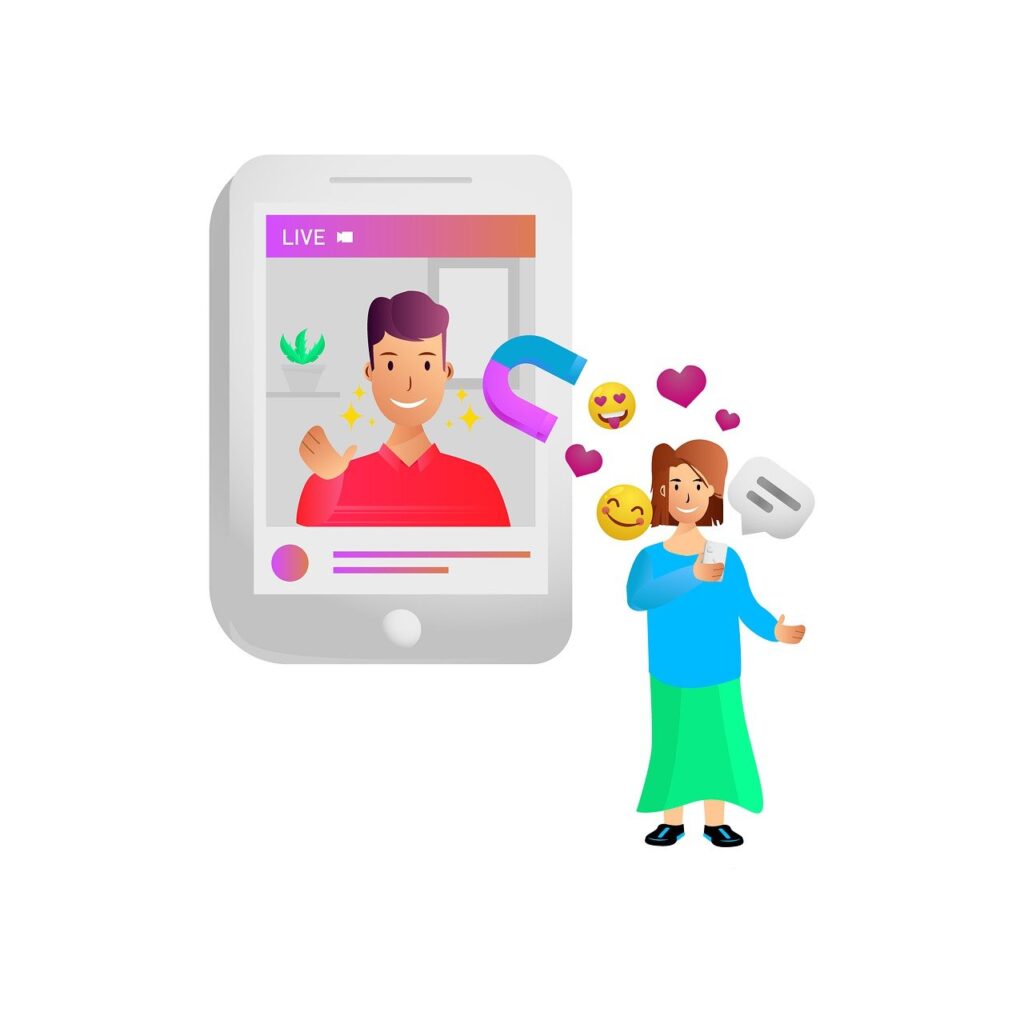(Prague, 6 February) Influencers target the young generation with advertising, but social media sales are not always entirely transparent. Ads can be unintentionally hidden, offers unfair, product presentations distorted. That’s why today, on the global Safer Internet Day, the European Consumer Centres Network is calling on influencers to help protect the rights and health of their customers by being responsible – by following the rules on informing them of their rights when buying, by labelling advertising clearly and by verifying the safety of the products on offer.
“Influencers, who often promote or sell products or services, are considered sellers under European law and must comply with a number of rules. But not everyone knows them. Yet if they follow these principles, they will increase the protection of their mainly young followers,” says Ondřej Tichota, the Director of the European Consumer Centre Czechia, which deals with consumer rights in the EU single market.
Sales of food supplements, various drinks, foodstuffs and the like can be problematic, where misleading health claims must be avoided. The information provided must then be accurate and up-to-date. Influencers should test the products presented themselves to ensure that they are safe. The European Commission’s Safety Gate website on unsafe products caught can help with this.
“It is important that young consumers know that they are looking at advertising at all. Any sponsorships, partnerships or advertising of products that influencers receive for free should be clearly communicated. This will help young people to understand the context of the recommendations and make unbiased decisions,” notes Ondřej Tichota, adding that an interesting phenomenon is the sale during a live stream, where people can order the presented products in real time in the comments and then pay. “It is similar to what was teleshopping.”
Fair influencers can also educate their customers about safe payment methods, the importance of using trusted websites and the importance of privacy, creating a safer environment for online shopping.
The network of 29 European Consumer Centres recommends checking out the Influencer Legal Hub. It is the European Commission’s online tool with real cases and practical advice on how to maintain your reputation and avoid fines for unfair commercial practices. Misleading or inaccurate information can harm consumers and damage a promoter’s credibility.
It is important to provide the legally required information about the seller, as well as consumer rights such as withdrawal rights, return policies and guarantees.
If a consumer has a cross-border dispute about their rights with a trader from another EU country, Norway or Iceland, they can get free help from the European Consumer Centres Network (ECC-Net). The 29 centres have been funded by the European Commission and participating countries for 19 years. The ECC Czechia operates under the Czech Trade Inspection Authority. More of practical information for consumers is available at www.evropskyspotrebitel.cz.
